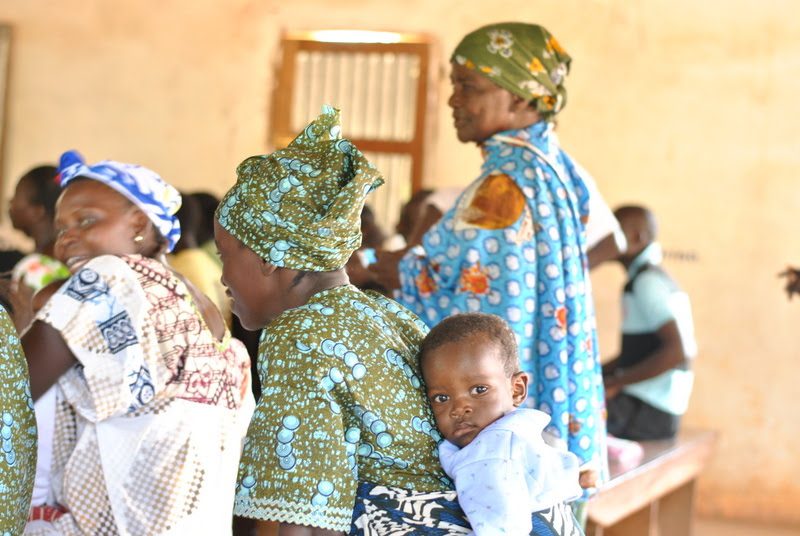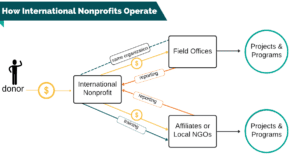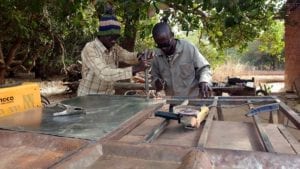”Eat your dinner. There are starving children in Africa!” … so our parents told us when we were kids.
Well, we know now that this was just a ploy to get us to eat our squishy, overcooked peas. But even as adults, we can still get guilted into doing things that don’t actually do much to help poor people in Africa.
So if we really want to help people in poor countries, what should we do?
Here are four things anyone can do to help the poor. Each of these actions are rooted in the belief that sustainable, long-term impact comes from focusing on the potential in people instead of their needs.
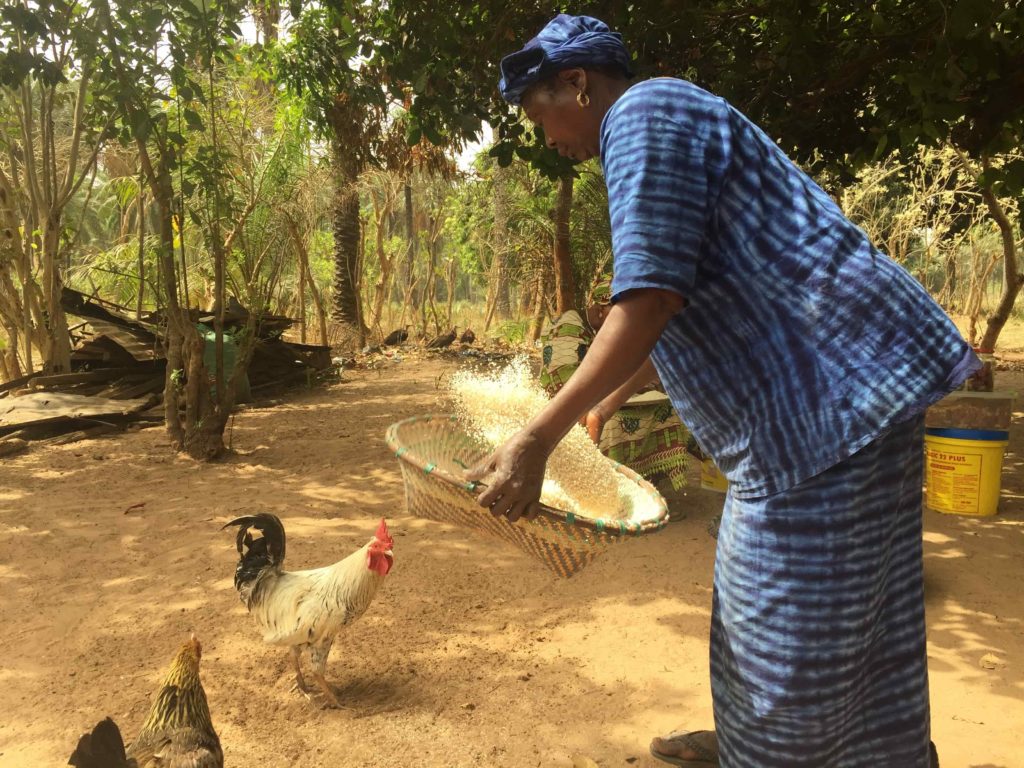
1. View others as humans, not as charity cases
Helping poor people starts with a fresh perspective. We’ve been conditioned by years of fundraising appeals for handouts that poor people are defined by what they lack. When done incorrectly, humanitarian aid can actually have a dehumanizing effect. Never-ending charity can make poor people look like nothing more than charity cases. And eventually, poor people start to see themselves as being defined by their needs, instead of their potential as fellow human beings.
When we are asked to help a person in need, the first thing we should consider is this: Will what I do build this person up to their full potential, or am I just reinforcing the perception that I’m the giver and the other person is the receiver?
We’ve found a few ways that help break this unhealthy dynamic: build encouraging relationships with poor people, find ways to give them new opportunities in life, and train them in a new job skill that allows them to fulfill their own potential.
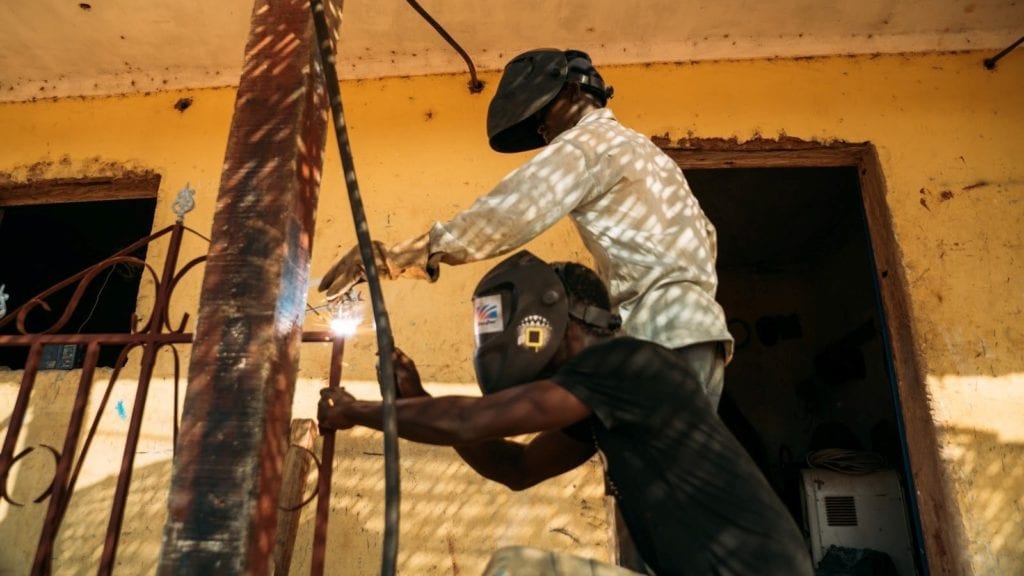
2. Support organizations that utilize mostly local staff
People who want to help the poor in other countries might have good intentions, but they also bring along their own cultural norms and assumptions on how to best solve problems. These assumptions often overlook the realities of the places where they are working.
A lack of understanding the local systems and customs can lead to huge mistakes. Oftentimes, programs that are carried out on the ground mostly by “outsiders” can hurt more than they help.
By utilizing local staff, organizations that want to help the poor can more clearly navigate through the cultural norms and local government systems. Plus there’s an added benefit: the power to make a difference is placed in the hands of neighbors, not strangers.
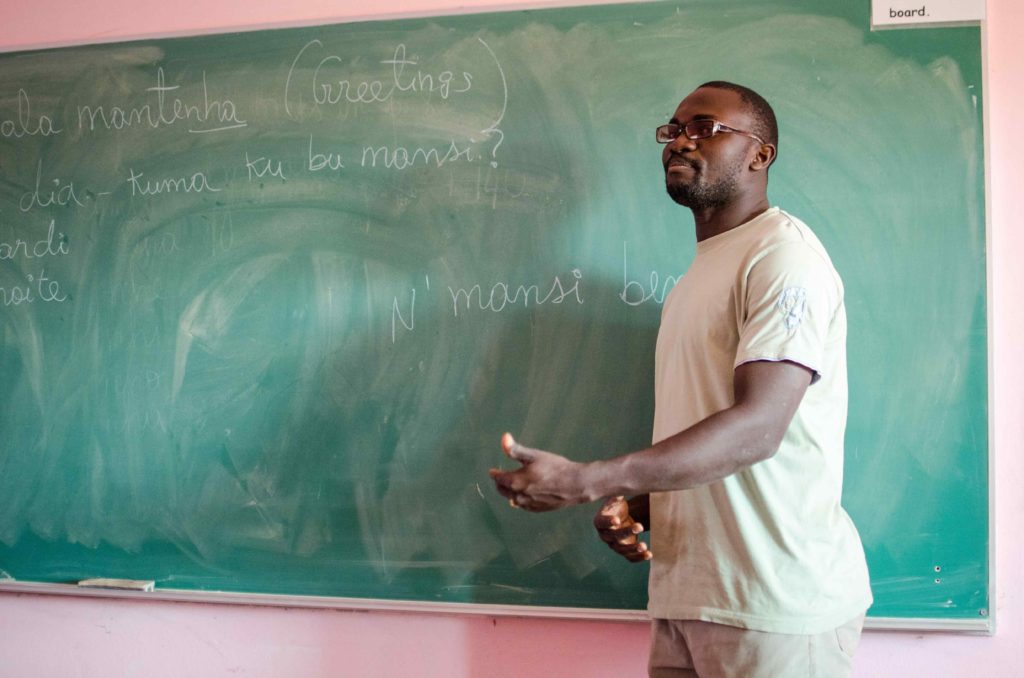
WAVS vocational schools hire members of the local community to teach classes and run the schools.
Give Opportunity. Sponsor a student in West Africa.
One Student is a community of people who believe in a world where everyone has the opportunity to work for a brighter future, no matter who they are or where they live. When you sponsor a student your monthly gift will help young people in West Africa learn life-changing job skills — one student at a time.
Every $10 per month helps train one student each year.
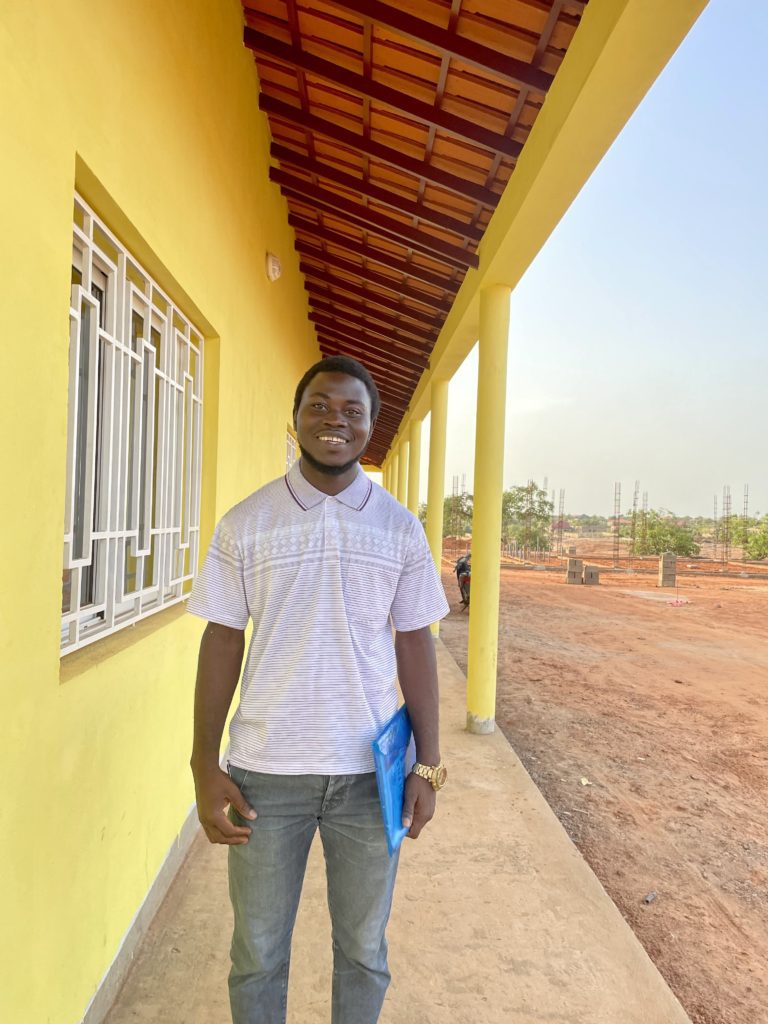
3. Focus on giving opportunity, not charity
Charity meets short term needs on a case-by-case basis. Opportunity, on the other hand, leads to long-term transformation.
Charity handouts tend to have low overhead costs and provide immediate short term-results (like smiling faces that are easy to photograph and use for marketing). However, this also reinforces the giver-receiver dynamic, creates dependency, and is a temporary fix to the complex challenges that people in poor countries often face in life.
In contrast, giving poor people new opportunities in life puts the power of change in their own hands. Providing opportunity means equipping individuals with the tools they need to help themselves and their communities. It’s a long-term, sustainable approach that can lead to generational change, rather than just temporary circumstantial change.
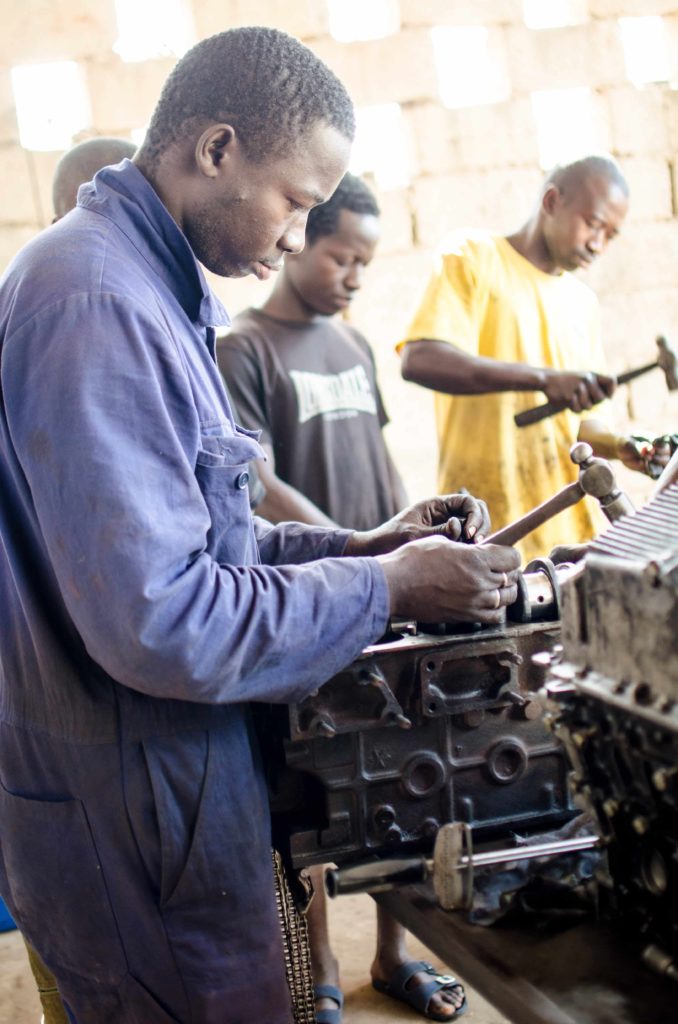
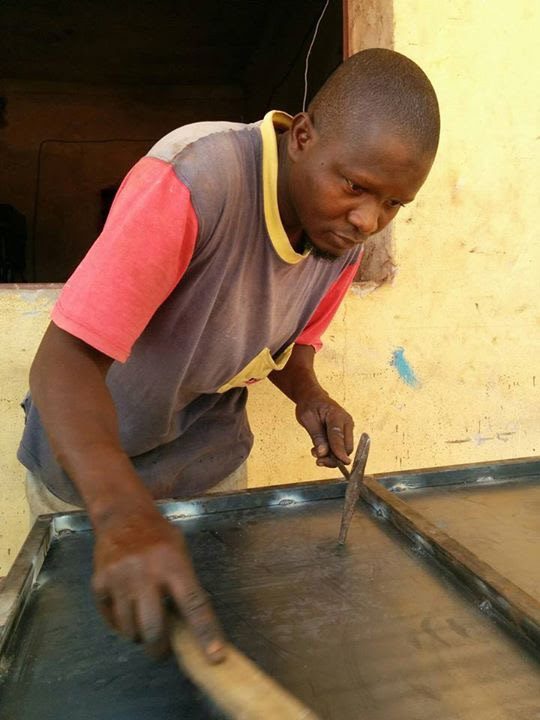
Providing opportunity means equipping individuals with the skills and tools they need to help themselves.
4. Get involved yourself!
Get involved. Volunteer your time. And go on that international trip – but use it to build relationships and learn about people and their lives, not to do the work that local staff could be doing better.
Join forces with an organization already doing the work you’re interested in. Whether it’s organizing a birthday fundraiser, volunteering your time, advocating a cause, or building encouraging relationships, you can invest in the potential of poor people and make a lasting difference by getting involved.
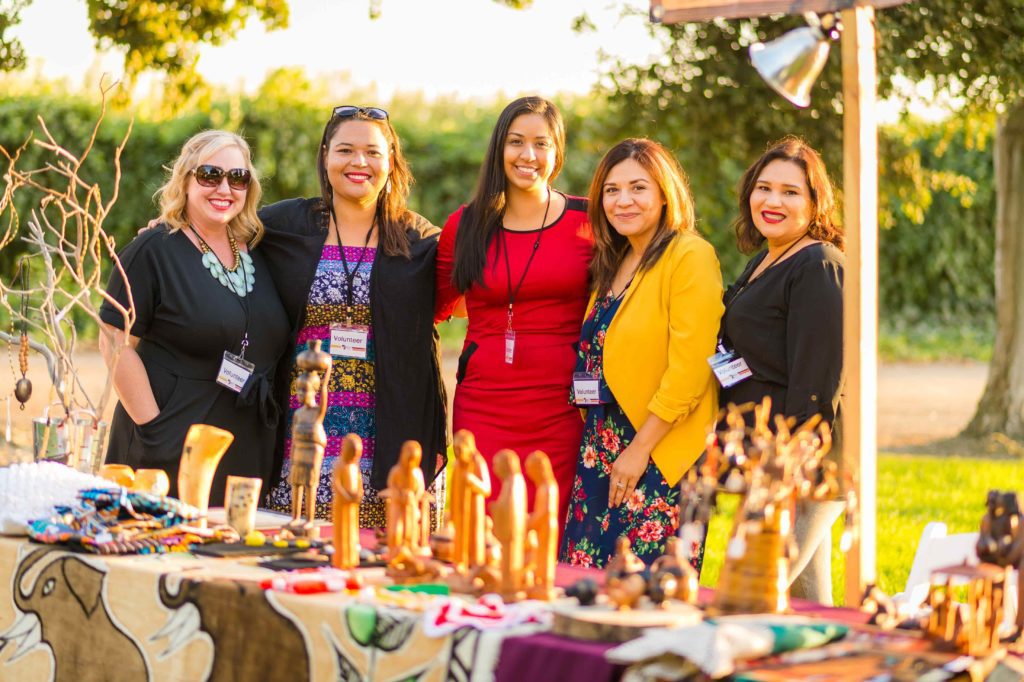
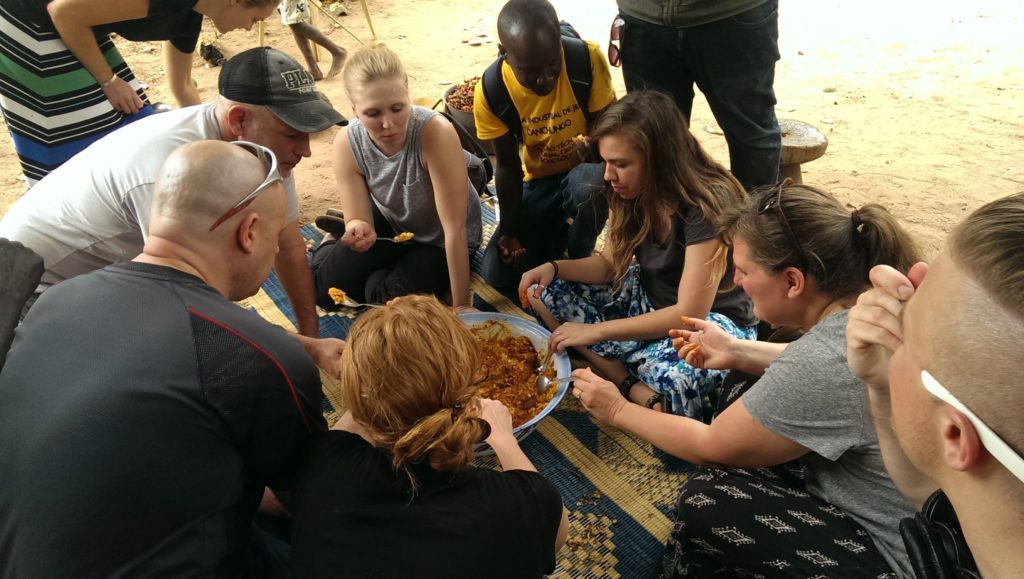
Volunteering and visiting other parts of the world to learn and build relationships are great ways to get involved in helping people around the world
.How we’ve applied these ideas to our work
At WAVS vocational schools in West Africa, students are equipped with new job skills so they can earn a livable income and provide for themselves and their families for the rest of their lives. These include young people like Rosa and Sergio, both former day laborers who were barely scraping by, but who now have good-paying jobs.
WAVS also hires West Africans to teach at the schools and run the schools, so that they can build genuine relationships with students. Learn more about our approach here.
Get the [free] Approaching Poverty 7-Day Devotional

This 7-day devotional will walk you through understanding why poverty exists, why we should help, and how we should help.
Each day will include scripture, a written reflection, and a mixture of reflection questions or connecting stories from the ground in Guinea-Bissau.
"*" indicates required fields


